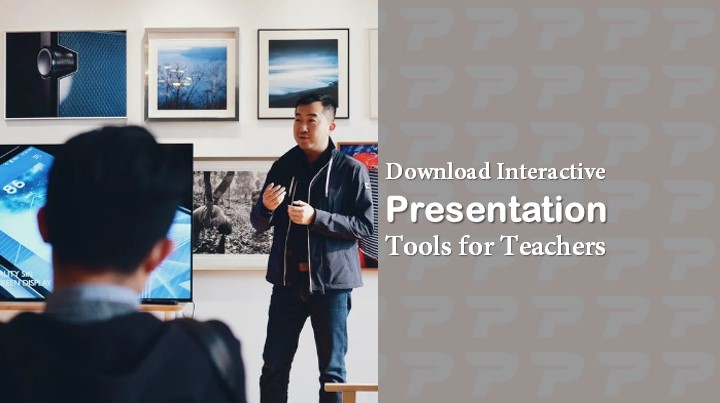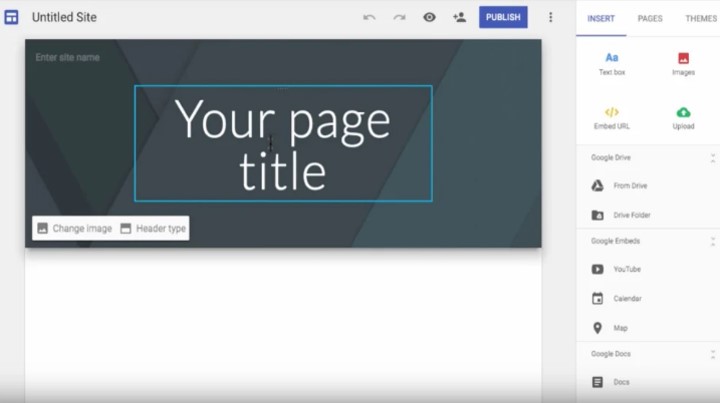Last Updated on April 22, 2023 by Uncle Pat Ugwu
Welcome to our blog on how to survive your first year in teaching! If you’re new to teaching, you may be feeling both excited and anxious as you begin your career. Teaching can be rewarding but also challenging, especially during your first year. We’re here to help with tips and strategies.
Here are some tips to help you thrive in your first year of teaching. We’ll discuss setting goals, building connections with students and colleagues, using your time and resources wisely, and taking care of yourself to avoid burnout. We’ll also provide some ideas for reflecting on your experiences and using them to grow as a teacher. You may like to read how to deal with special needs children.
Whether you’re a new teacher just starting out or an experienced teacher looking for ways to improve your practice, we hope this blog post will provide you with valuable insights and strategies to help you succeed in the classroom.
Before we get started on how to survive your first year in teaching, let us first look at the importance of preparing for your first year in the classroom. Don’t forget we wrote a blog on gold teaching strategies for teachers.
Importance of preparing for your first year in the classroom
Here are a few reasons why preparing for your first year in the classroom is important:
- It helps you set realistic expectations
- It helps you get to know your students
- It helps you build relationships with colleagues
- It helps you manage your time and resources effectively
You can read more on the importance of preparing for class lessons.
Setting goals and expectations
Starting a new job as a teacher can be overwhelming, especially if it’s your first year in the classroom. There’s so much to learn and adjust to, and it’s natural to feel a bit lost or uncertain at times. That’s why it’s so important to set goals and expectations for yourself as a teacher, both personally and professionally. This will not only help you stay focused and motivated, but it will also help you feel more confident and prepared as you navigate your first year in teaching.
1. Establish your personal and professional goals
As a new teacher, it’s important to establish your personal and professional goals early on. These might include becoming more effective in your teaching, enhancing your classroom management skills, or building strong relationships with your students. It’s important to be specific and realistic when setting your goals and to break them down into smaller, achievable steps.
For instance, instead of setting a broad goal like “becoming a better teacher,” you could set a more specific goal like “observing three experienced teachers in action” or “attending a professional development workshop on classroom management.”
2. Set realistic expectations for yourself and your students
In addition to setting personal and professional goals, it’s also important to set realistic expectations for yourself and your students. This might include things like establishing clear rules and routines in your classroom, providing consistent feedback and support to your students, and setting high, but achievable, standards for their work. There are some good revision apps you can recommend to your students.
Remember, as a new teacher, you are still learning and growing, so it’s important to be patient and kind to yourself as you navigate this new role.
3. Seek guidance and support from your colleagues and mentors
Finally, don’t be afraid to seek guidance and support from your colleagues and mentors. Teaching can be a lonely profession at times, and it’s important to have a support system in place to help you through the highs and lows of your first year. This might include seeking out a mentor who can offer guidance and advice, or joining a professional learning community (PLC) with other teachers who are also new to the profession.
Setting goals and expectations for yourself and your students is an important part of surviving and thriving as a new teacher. By being proactive and seeking out support and guidance, you can set yourself up for success and enjoy a rewarding career in the classroom.
Building relationships with students and colleagues
Starting your first year as a teacher can be a daunting experience, but building strong relationships with your students and colleagues can go a long way toward making it a successful and rewarding experience.
Here are some tips for building relationships with students and colleagues in your first year of teaching:
1. Establishing a relationship with your students
Establishing a relationship with your students is crucial for being an effective teacher. Make an effort to get to know your students on a personal level and find out what interests them. This could involve asking about their hobbies, goals, and daily lives or simply having casual conversations with them.
The more you understand about your students, the better you’ll be able to engage and motivate them in the classroom. Learn more about implementing creative learning solutions.
2. Collaborate with colleagues
Teaching can be a lonely profession at times, so it’s important to build strong relationships with your colleagues. Seek out opportunities to collaborate with them, whether it’s co-teaching a lesson or seeking their advice and guidance.
Your colleagues can be a valuable source of support and guidance as you navigate your first year in the classroom. Read more about collaborative learning here.
3. Participate in professional development
Another great way to build relationships with your colleagues and improve your skills as a teacher is to participate in professional development opportunities. This might involve attending workshops, conferences, or professional learning communities (PLCs), or simply taking advantage of online resources and training opportunities.
Not only will these opportunities help you learn and grow as a teacher, but they will also give you the chance to network with other educators and build relationships with like-minded professionals.
Managing your time and resources effectively
As a new teacher, it can be easy to feel overwhelmed by the demands of your job. Between lesson planning, grading, and managing your classroom, it’s important to learn how to manage your time and resources effectively in order to survive your first year of teaching. Here are some tips for doing just that:
1. Develop a lesson planning and time management routine
One of the biggest challenges for new teachers is finding the time to plan and prepare lessons, grade papers, and meet with students and parents. To help manage your workload, it’s important to develop a lesson planning and time management routine that works for you.
This might involve setting aside specific times of the day or week to plan lessons, grade papers, and meet with students and parents. It might also involve using tools like a planner, to-do list, or calendar to keep track of your tasks and deadlines.
2. Utilize technology and other resources
Technology and other resources can be a huge help when it comes to streamlining your workload as a teacher. For example, you might use online tools like Google Classroom or Canvas to share materials and assignments with your students, or use apps like Evernote or Trello to keep track of your to-do list.
You might also consider using resources like textbook publishers’ websites, educational websites, and online lesson plans to help you plan and prepare your lessons. Here are basic technological tools you should teach with.
3. Seek help when you need it and delegate tasks when appropriate
Finally, don’t be afraid to seek help when you need it and delegate tasks when appropriate. Teaching can be overwhelming at times, and it’s important to remember that you don’t have to do everything on your own. If you’re feeling overwhelmed, don’t be afraid to ask for help from your colleagues, mentors, or school administration.
You might also consider delegating tasks to other teachers or even your students, if appropriate. Managing your time and resources effectively is an important part of surviving and thriving as a new teacher.
Keeping your stress and burnout in check
Here are some tips for keeping your stress and burnout in check:
1. Recognize the signs of stress and burnout
the primary step in preventing stress and burnout is to remember the signs. Some common signs of stress and burnout embody feeling swamped, burnt out, or exhausted; having problem sleeping or concentrating; or feeling disengaged or distrustful regarding your work. If you are experiencing any of those symptoms, it is important to require action to stop stress and burnout from obtaining worse.
2. Look for support and notice healthy ways to manage stress
There are some ways to manage stress and stop burnout, and what works for one person might not work for an additional. Some healthy ways to manage stress embody exercise, meditation, or therapy. it is also vital to hunt support from colleagues, mentors, or a faculty counselor if you are feeling swamped or exhausted.
3. Prioritize self-care and take breaks when needed
Finally, it’s important to prioritize self-care and make time for activities that nourish and replenish you. This might include things like getting enough sleep, eating well, and taking breaks when needed.
As we round off this blog on how to survive your first year in teaching. It’s also important to remind you to always make time for hobbies and activities outside of work, as this can help you recharge and come back to work feeling refreshed and energized.
Reflecting and learning from your experiences
Reflecting and learning from your experiences as a teacher is an important aspect of professional development. It allows you to continually improve your practice and better meets the needs of your students. Here are a few ways you can reflect and learn from your experiences:
- Seek feedback from colleagues and students: Ask for feedback from your colleagues and students on your teaching practices. This can provide valuable insights into what is and isn’t working in your classroom and can help you identify areas for improvement.
- Stay open to new ideas and approaches: Be willing to try new things in your teaching. This could involve experimenting with different teaching strategies, using new technologies, or incorporating different types of assessments. By staying open to new ideas and approaches, you can continuously improve your teaching and better meet the needs of your students.
Final Thoughts
In conclusion, your first year in teaching will be filled with ups and downs, but with persistence and a positive attitude, you can not only survive but thrive. Remember to set goals, build relationships, and take care of yourself as you navigate this exciting and rewarding journey.
Sponsored Posts

Are you passionate about educational technology or digital tools? We’re…






